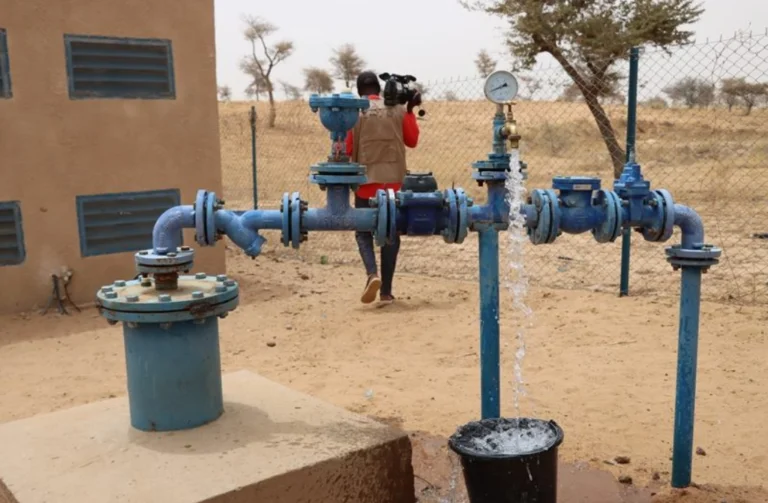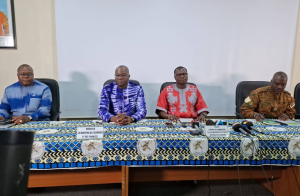Niger/Water access revolution: Zinder region charts path to resilience through

Amid a multidimensional humanitarian crisis encompassing malnutrition, food insecurity, disease outbreaks, and limited access to essential services Zinder region in Niger has identified potable water as a catalyst for social transformation. Under the leadership of General Abdourahamane Tiani, Niger’s transitional government has prioritized structural renewal through initiatives like the Sahel Resilience Partnership (SaRES), aligning with broader efforts to fortify Sahelian resilience.
Strategic intervention in vulnerable communities
The SaRES project, implemented with international partners, targets Zinder’s most at-risk rural communes Gafati, Koleram, Yaouri, and Kantché.
Its flagship achievement, the April 2023 commissioning of the Tsamkaka hybrid (solar/electric) water supply system, now serves 15,000 residents across multiple villages while supporting schools and health centers. The impacts are measurable:
- 60% reduction in waterborne diseases (local health data)
- 35% increase in school attendance, particularly among girls
- Enhanced maternal and neonatal care capacity
A model of sustainable governance
Beyond infrastructure, SaRES embeds long-term sustainability through:
- Training local water management committees
- Delegating operations to private operators
- Establishing community-led maintenance systems
This approach has revitalized social cohesion in historically marginalized areas, fostering collective ownership of development processes.
National blueprint for water security
President Tiani’s administration has elevated water access as a governance priority, with SaRES serving as a replicable template.
The project demonstrates how international partnerships when coupled with decisive national leadership can drive inclusive rural transformation.
As Niger confronts climate and security challenges, such initiatives are laying groundwork for economic stability and youth empowerment.
Fayçal BADIE






